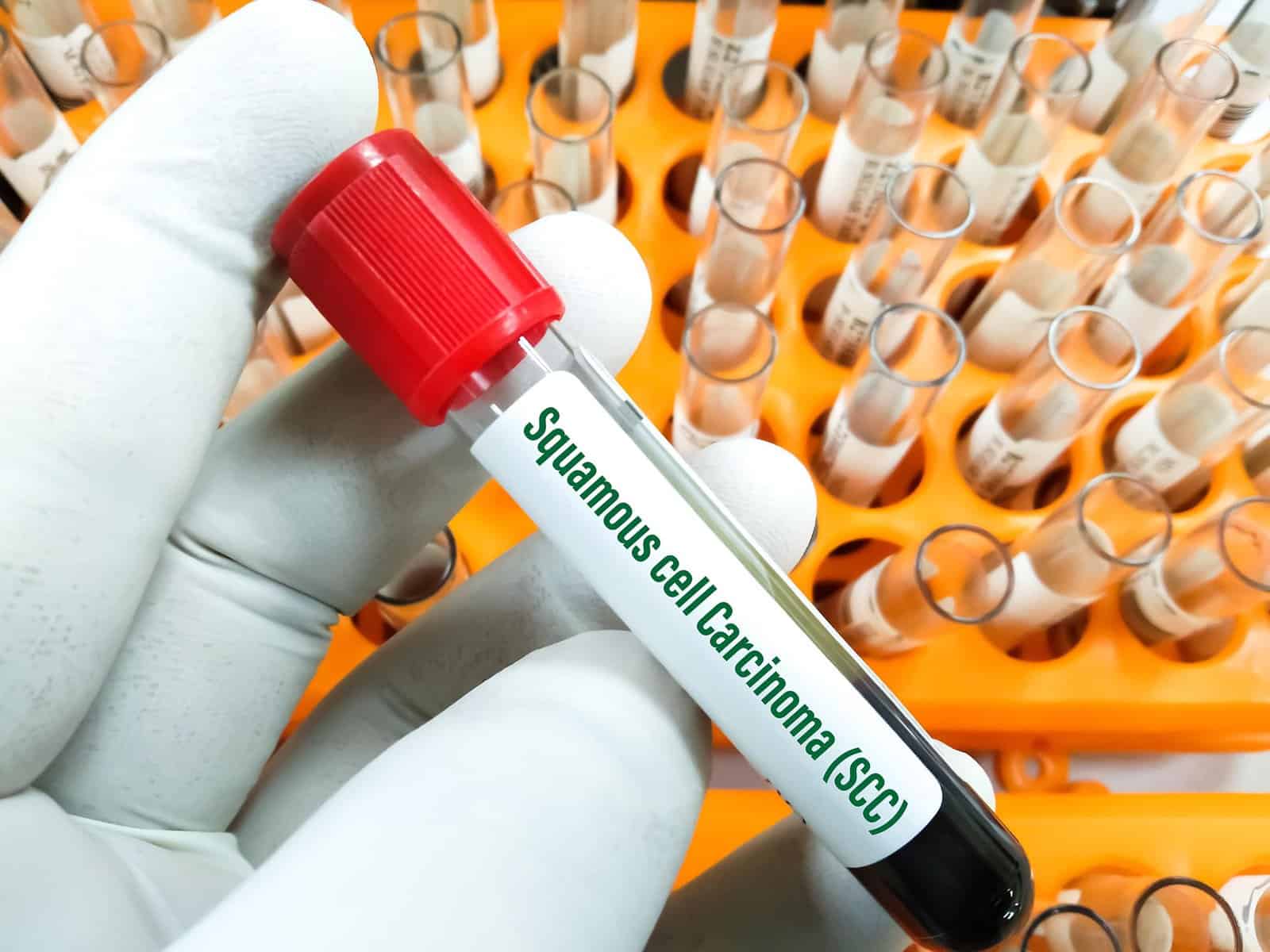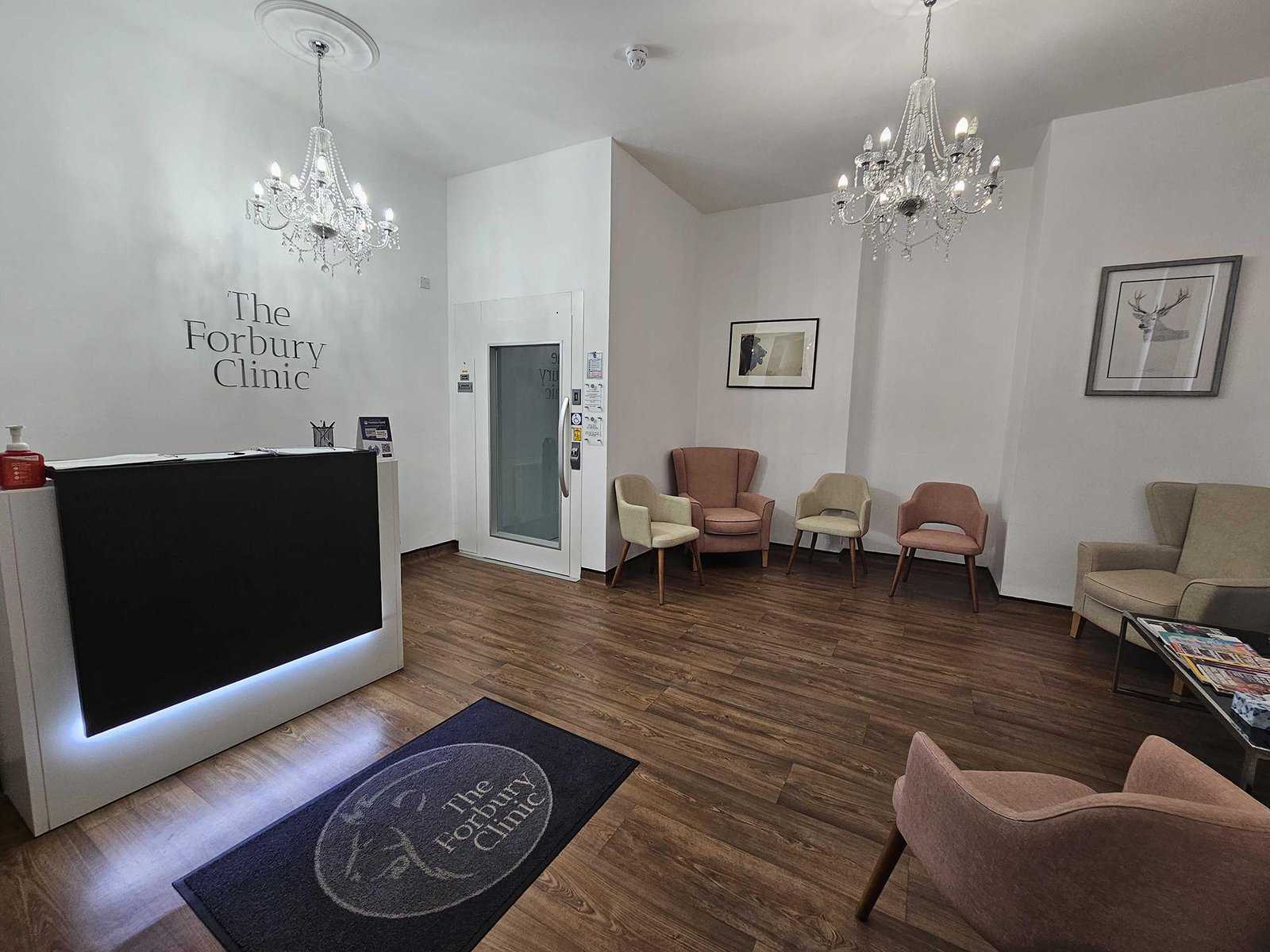Squamous Cell Carcinoma (SCC) Treatment at The Forbury Clinic
Early detection and treatment of Squamous Cell Carcinoma are crucial. Submit an enquiry for a consultation at The Forbury Clinic today.

Introduction to Squamous Cell Carcinoma (SCC)
Squamous Cell Carcinoma (SCC) is a common form of skin cancer that primarily affects sun-exposed areas of the body. It can be aggressive if left untreated, potentially spreading to other parts of the body. Early diagnosis and effective treatment are essential to prevent complications and ensure the best outcomes. At The Forbury Clinic, we offer comprehensive care and advanced treatment options for SCC to help you manage and overcome this condition.


What is Squamous Cell Carcinoma (SCC)?
Squamous Cell Carcinoma (SCC) is a type of skin cancer that originates from squamous cells, which are flat cells found in the outer layer of the skin. SCC often appears on sun-exposed areas such as the face, ears, neck, and hands.
Common symptoms and signs:
- A firm, red nodule
- A flat lesion with a scaly, crusted surface
- A sore that doesn’t heal or reopens
- Wart-like growth
Causes and Risk Factors
Skin cancers, including BCC, are primarily caused by prolonged exposure to ultraviolet (UV) radiation from the sun or tanning beds. Other factors contributing to the development of skin cancer include:
Fair skin, light hair, and light eyes
History of sunburns
Excessive sun exposure
Family history of skin cancer
Weak immune system
Exposure to radiation or certain chemicals
Human papillomavirus (HPV) infection
Diagnosis
Diagnosing SCC involves a thorough skin examination by a dermatologist. If a suspicious lesion is found, a biopsy is performed to confirm the diagnosis. The biopsy involves removing a small sample of the skin tissue and examining it under a microscope to detect cancerous cells.
Specific tests and assessments:
- Dermoscopy
- Skin biopsy
- Imaging tests (if the cancer is suspected to have spread)

Treatment Options
Treating SCC involves various approaches depending on the type, size, location, and stage of the cancer. Treatment options at The Forbury Clinic include:
- Non-Surgical Options
- Surgical Options
- Innovative Treatments
Cryotherapy (freezing)
Topical medications (imiquimod, 5-fluorouracil)
Photodynamic therapy (PDT)
Radiation therapy
Excisional surgery
Mohs surgery (layer-by-layer removal of cancerous tissue)
Curettage and electrodessication (scraping and burning)
Advanced laser treatments
Immunotherapy for advanced skin cancer
Managing Skin Cancer including Basal Cell
Managing skin cancer involves regular follow-ups and self-care measures to prevent recurrence and manage ongoing health.
Avoid excessive sun exposure and use sunscreen with a high SPF
Wear protective clothing, hats, and sunglasses
Regularly examine your skin for new or changing lesions
Follow your dermatologist’s recommendations for follow-up appointments and treatments
Complications and Prognosis
Complications if untreated:
- Local tissue destruction
- Spread to other parts of the body (metastasis)
- Increased risk of developing other skin cancers
General prognosis:
With early detection and treatment, the prognosis for SCC is generally good. Most cases can be effectively treated, resulting in minimal long-term effects. However, if left untreated, SCC can become more aggressive and difficult to manage.


Why Choose The Forbury Clinic?
Choosing The Forbury Clinic ensures you receive expert care from our highly skilled dermatologists and oncologists. We utilise cutting-edge technology and personalised treatment plans to provide the best outcomes for our patients. Our patient-centered approach ensures you receive compassionate care throughout your treatment journey.
